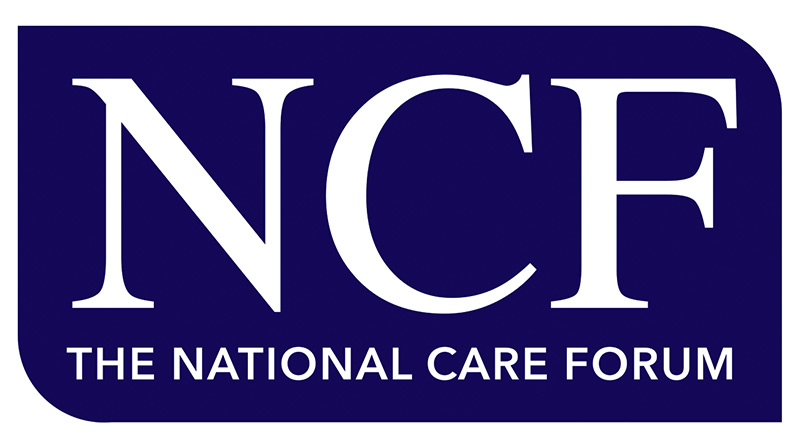NCF Calls For ‘Ring Of Steel’ Around Care Homes
Ground-breaking data published by the National Care Forum (NCF) gathered from an independent benchmarking exercise of members has revealed COVID-19 related resident deaths within the UK’s care homes has doubled within just one week. When scaled up this suggests that a total of 4040 people may have died of this illness within UK residential and nursing services before 13th April.
Of its care provider members, 47 contributed to the audit, representing 1,169 care services that collectively support 30,217 people across the UK – 7.4% of the overall residential care sector population.
The NCF data on deaths in care homes has been extrapolated to present, for the first time, the overall story of the rapidly-escalating toll of coronavirus upon the nation’s residential care sector.
The report compares baseline data from providers at the earliest stages of the pandemic, from 6th March to 7th April (a full month), with results from 7th April to 13th April (one week only).
It demonstrates a significant increase in coronavirus-related deaths within care homes, which, when scaled up, suggest that more than 2,500 care home residents may have died of suspected or confirmed COVID-19 during this one week period, representing a 193% increase.
The NCF collected data from care homes that look after more than 30,000 people in total. That number represents almost 7.5% of all people living in such accommodation in the UK.
It said that in the week from 7-13 April there were 299 deaths linked to the coronavirus, three times more than in the previous week and double the number in the whole of the previous month.
Vic Rayner, the NCF’s executive director, said: “By highlighting the scale of the tragedy, we are giving the government an opportunity to respond with equal effort. It must act immediately and build a ‘ring of steel’ around care homes. They need the right PPE [personal protective equipment], medical monitoring devices, rapid and comprehensive testing, proper funding and intensive research to safeguard the people they care for.”
She added: “So long as groups such as residents in care services are omitted from the real-time national reporting on the impact of the coronavirus pandemic, the government will surely be unable to properly plan for how to protect its people or exit this crisis.
“Our current national debate on how to mitigate and exit this crisis is virtually entirely centred on the management of the peak within hospitals. We are overlooking how this crisis is playing out in other settings, which are there to protect those who are most vulnerable to the impact of the virus. If we truly believe that every life has value, there can be no meaningful discussions about exit strategies without considering these individuals.”
What do we need in a #ringofsteel?
- Sufficient PPE both now and in the weeks ahead to protect our residents and staff in the battle against COVID. No more make do and mend treatment of social care.
- Routine testing of both staff and residents starts now and at pace and carries on as long as we need it.
- Support for our overstretched care workforce with proper recognition and reward and with immediate access to both the returning nurse workforce and army of volunteers that the government has assembled.
- Care homes recognised as a key priority for support from GPs and district nurses with a specific action plan designed in partnership for each and every home ensuring swift access to clinical expertise and for care homes to have onsite the right medical equipment and resources to monitor vital signs to support early signs of deterioration and recovery.
- Councils to pass on the £3.2bn they have now received from government to care providers to help them pay for the costs of battling COVID at speed, and as partners.
- Health experts and geriatricians to come into care homes and help us understand how COVID 19 manifests amongst these vulnerable communities. We need the learning from hospitals about the virus to be translated into management plans that will enable staff to provide the most effective care helping care staff to determine what else we can do to stop it, what can we learn from the way it affects the people we care for and crucially, what can we do differently from that learning to help more people recover?





